BGS responds to Government’s ambitious Ten Point Plan for net zero transition
BGS has welcomed the Government’s Ten Point Plan for a Green Industrial Revolution which highlights the importance of geology and the ongoing need to support essential geoscientific research that will underpin the UK’s long term energy transition.
18/11/2020 By BGS Press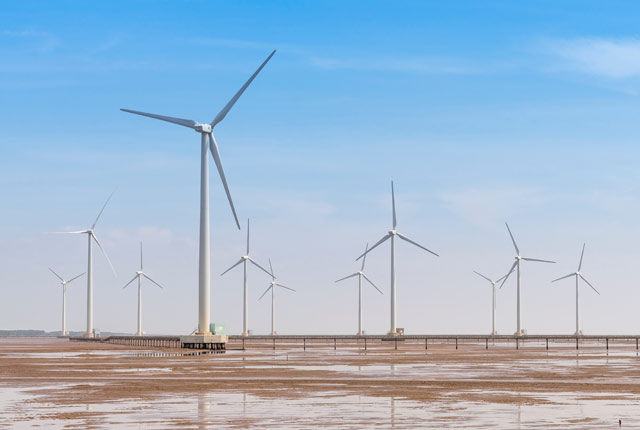
Clean hydrogen, carbon capture and storage (CCS), zero-carbon transport and offshore wind are all key pillars of the Prime Minister’s ambitious Ten Point Plan to drive the UK towards a net zero emissions target, which will be backed by £12 billion in Government investment and aims to create 250 000 new, ‘green’ jobs.
BGS, which provides expert and independent advice on key areas of geoscience, says that before meaningful progress can be made towards technologies required for decarbonisation, scientists rapidly need to advance their understanding of the subsurface.
The Prime Minister’s statement illustrates how important geology and geological technology is for the energy transition and for the commitment to net zero.
The underground plays a vital part in this agenda and it is very important that we don’t underestimate the efforts needed to achieve this.
We recommend more funding for research in this area, and policy and regulatory support to improve investor confidence and to encourage business to get involved and make a green industrial revolution a reality for the UK.
Our role in providing expert and independent advice on key areas of geoscience, places us in a unique position to work with partners in supporting the net zero agenda.
Dr Karen Hanghøj, BGS Director.
If we want to reach net zero by 2050, we need to focus on increasing our knowledge of the subsurface of the UK.
Geothermal energy, carbon capture and storage, hydrogen and subsurface heat storage are four technologies that could get the UK towards net zero.
We need more large-scale pilot and demonstrations of geothermal, CCS and subsurface heat and hydrogen storage so that we can make rapid advances in these fields.
Prof Mike Stephenson, BGS Chief Scientist for Decarbonisation and Resource Management.
To support this, BGS will continue to research the optimal use of the rocks under the seabed for carbon dioxide and hydrogen storage, as well as establish the geological foundations of the infrastructure we will need to realise this important endeavour – new platforms, new windfarms and new pipeline infrastructure.
Through the newly established £31 million UK Geoenergy Observatories along with the broader research community, BGS will research the extraction of geothermal heat from old coal mines and other buried rocks, as well as looking into storing industrial heat or summer heat below the surface, so that it can be used later.
To support the nuclear industry, BGS will research the safe and long-term disposal of radioactive waste in deep, secure underground vaults so that it will be safe for future generations, and so that the UK can benefit from low carbon, reliable baseload electricity.
BGS also welcomes the Government’s support to develop homegrown electric cars in the UK’s world-leading manufacturing centres in the West Midlands, north-east England and North Wales. As the UK’s national provider of information and data on metals critical for battery manufacture, the BGS will research both the prospects for metal extraction in the UK and the international security of supply of metals which can help to meet the demand for batteries and other low carbon technologies.
Relative topics
Related news
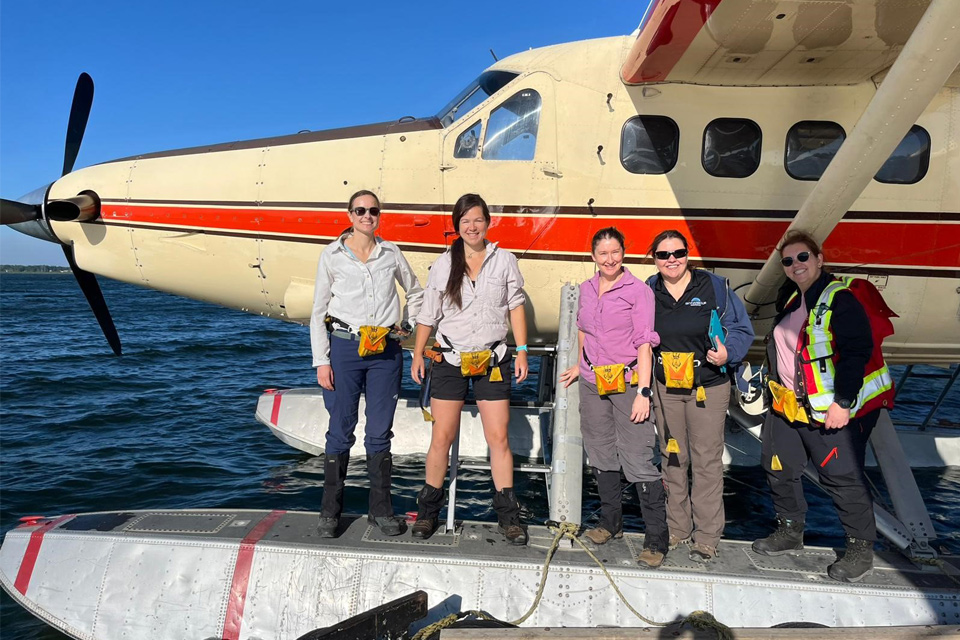
Funding awarded to UK/Canadian critical mineral research projects
08/07/2025
BGS is part of a groundbreaking science partnership aiming to improve critical minerals mining and supply chains.
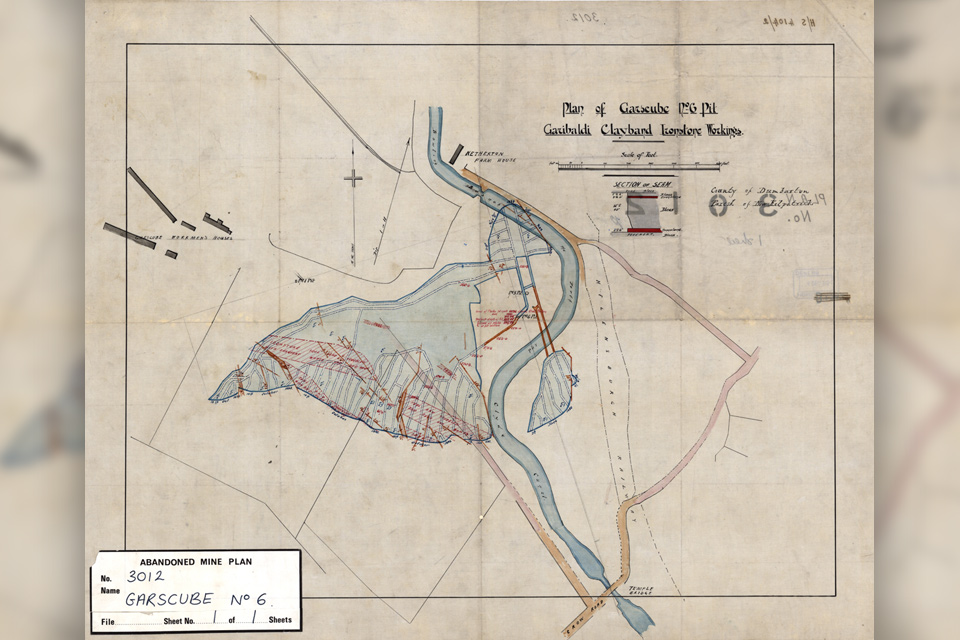
Release of over 500 Scottish abandoned-mine plans
24/06/2025
The historical plans cover non-coal mines that were abandoned pre-1980 and are available through BGS’s plans viewer.
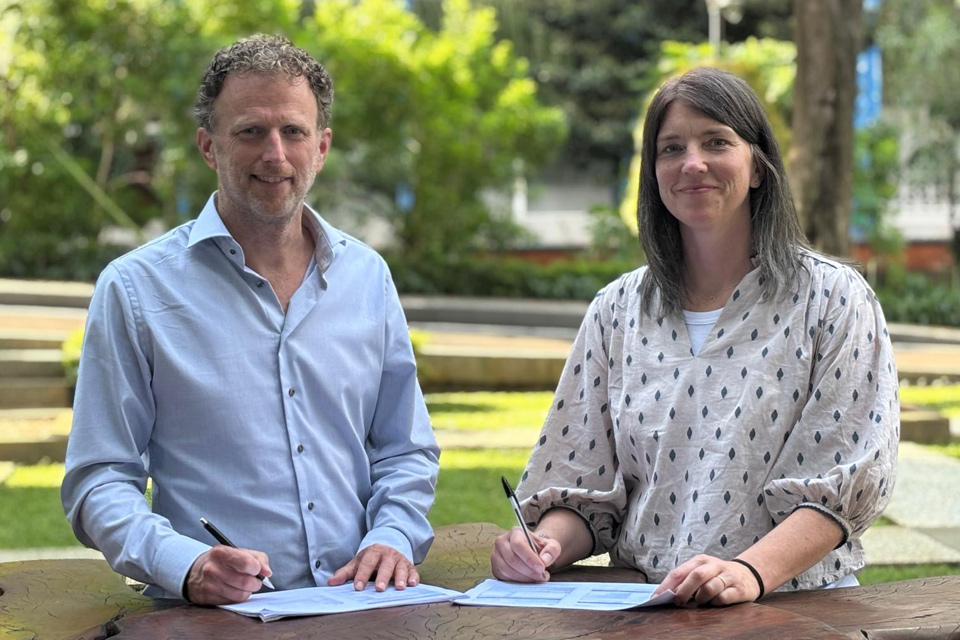
New collaboration aims to improve availability of real-time hazard impact data
19/06/2025
BGS has signed a memorandum of understanding with FloodTags to collaborate on the use of large language models to improve real-time monitoring of geological hazards and their impacts.
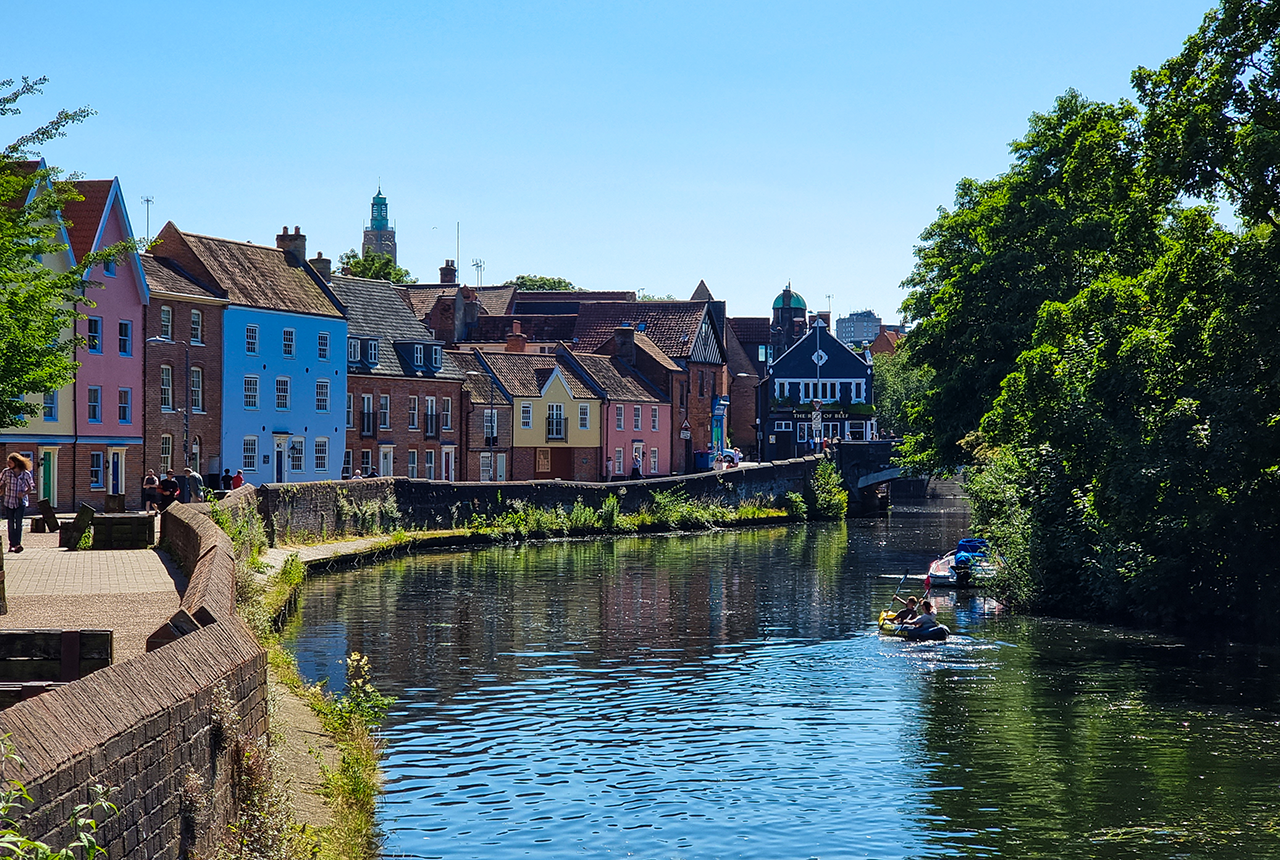
Modern pesticides found in UK rivers could pose risk to aquatic life
17/06/2025
New research shows that modern pesticides used in agriculture and veterinary medicines have been found for the first time in English rivers.

Goldilocks zones: ‘geological super regions’ set to drive annual £40 billion investment in jobs and economic growth
10/06/2025
Eight UK regions identified as ‘just right’ in terms of geological conditions to drive the country’s net zero energy ambitions.
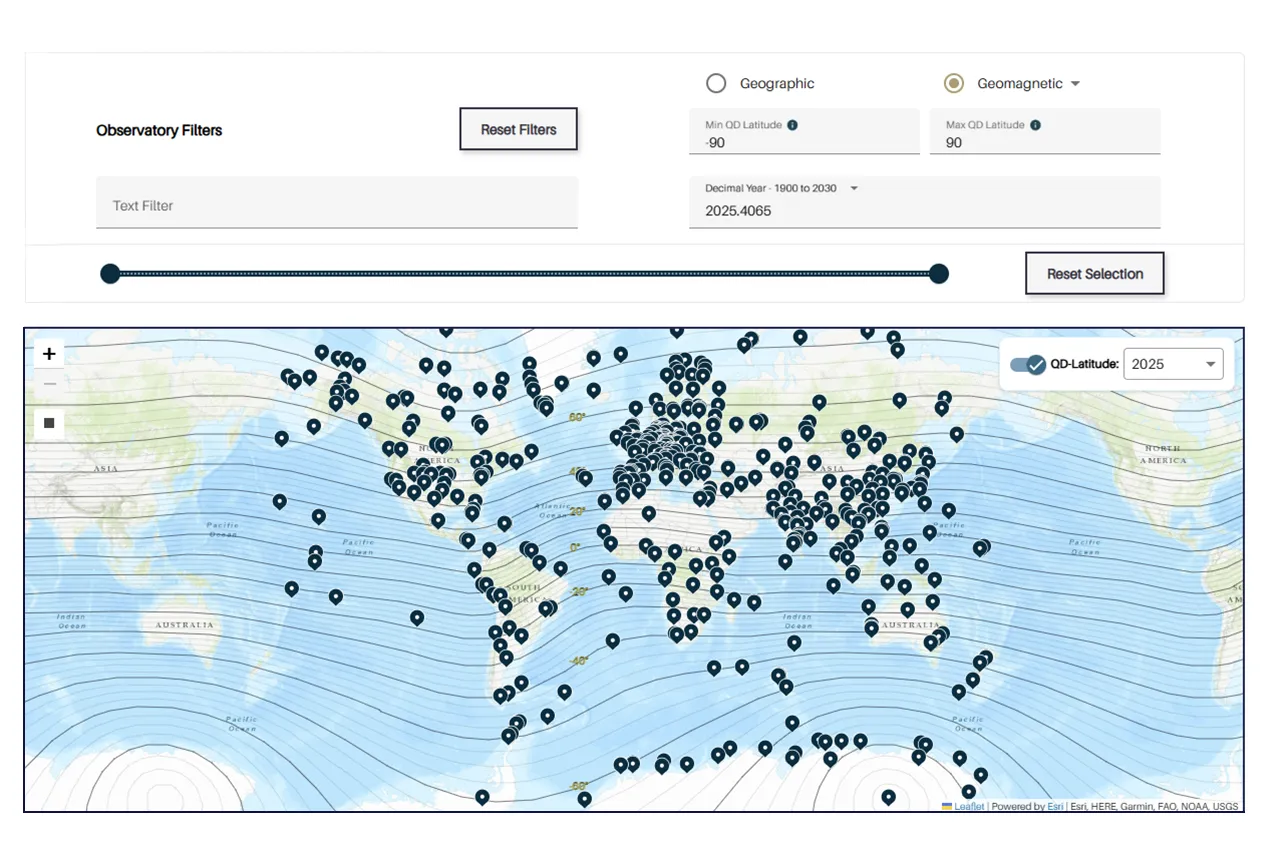
Upgraded web portal improves access to geomagnetism data
02/06/2025
BGS’s geomagnetism portal, which holds data for over 570 observatories across the world, has received a significant update.

BGS digital geology maps: we want your feedback
29/05/2025
BGS is asking for user feedback on its digital geological map datasets to improve data content and delivery.

What is the impact of drought on temperate soils?
22/05/2025
A new BGS review pulls together key information on the impact of drought on temperate soils and the further research needed to fully understand it.
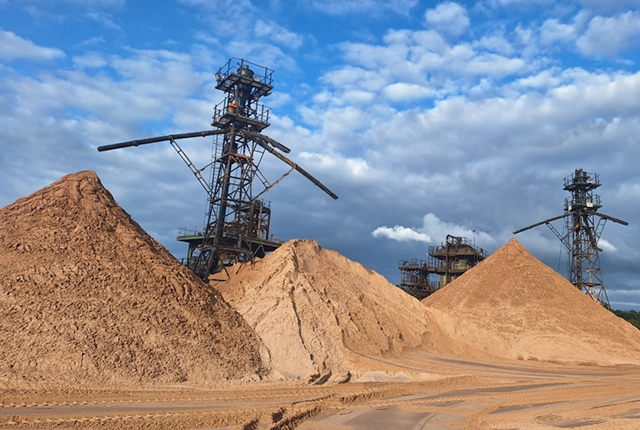
UK Minerals Yearbook 2024 released
21/05/2025
The annual publication provides essential information about the production, consumption and trade of UK minerals up to 2024.

BGS scientists join international expedition off the coast of New England
20/05/2025
Latest IODP research project investigates freshened water under the ocean floor.

New interactive map viewer reveals growing capacity and rare earth element content of UK wind farms
16/05/2025
BGS’s new tool highlights the development of wind energy installations over time, along with their magnet and rare earth content.
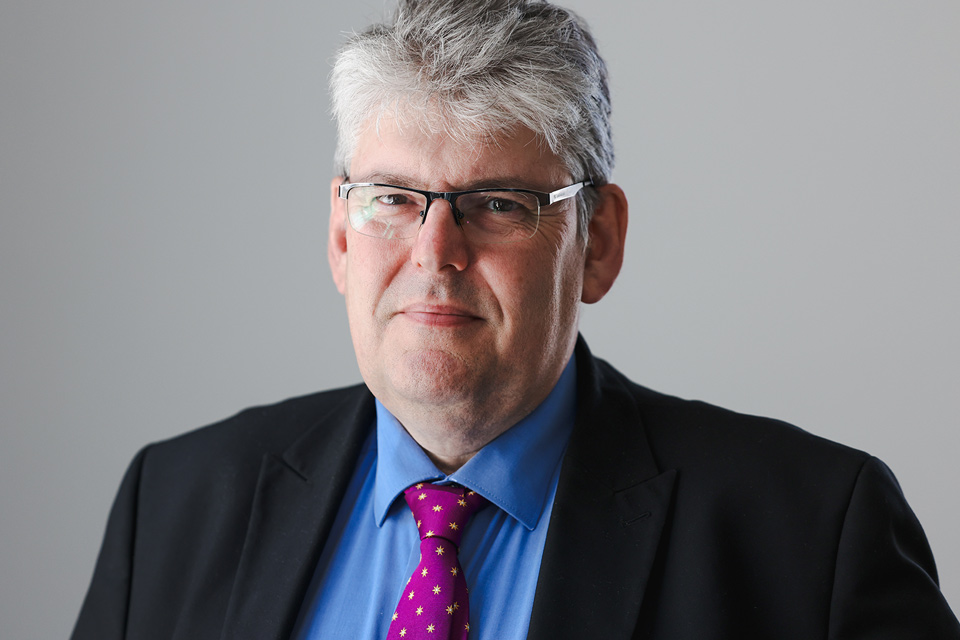
UKRI announce new Chair of the BGS Board
01/05/2025
Prof Paul Monks CB will step into the role later this year.



